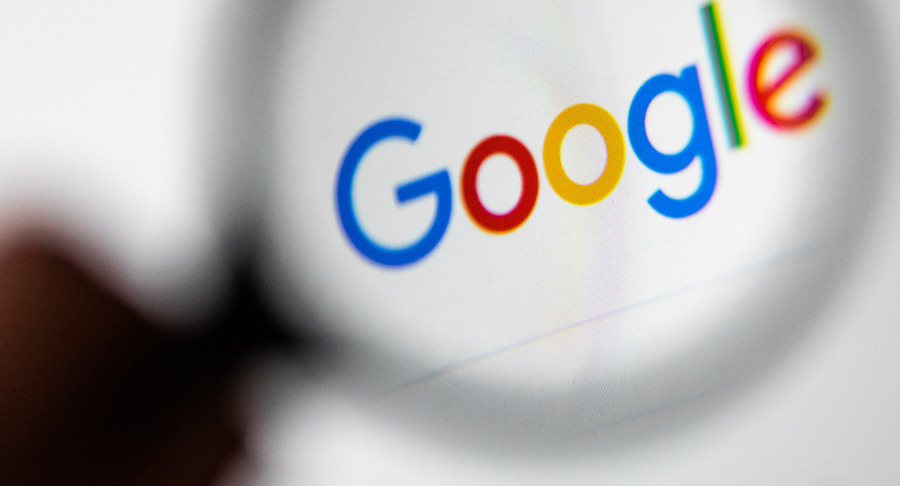Roskomnadzor Prohibits Advertising Google in Russia
Due to numerous violations of Russian law by the American IT company Google LLC, Roskomnadzor has decided to implement informational and economic enforcement measures, the regulatory agency announced. Specifically, the following measures will be applied to Google and its information resources:
- Search engines will inform internet users about Google’s violations of Russian law.
- A ban on advertising Google LLC and its information resources as advertising objects.
The Roskomnadzor statement does not specify exactly who the order is addressed to.
Reasons for the Measures
As specific examples of violations, the agency cited the following:
- YouTube has become a key platform for spreading false information about the special military operation in Ukraine, discrediting the Russian Armed Forces.
- YouTube does not combat the spread of information from extremist organizations such as “Right Sector” and the nationalist “Azov” regiment. Over 12,000 such prohibited materials remain undeleted.
- Since April 2020, about 60 incidents have been identified where YouTube discriminated against content from Russian media, government, public, and sports organizations and figures. This includes blocking accounts or content from news agencies like Russia Today, Rossiya 24, Sputnik, Zvezda, RBC, NTV, and others.
These informational and economic measures against Google LLC will remain in effect until all violations of Russian law are fully resolved by the company.
Details on Enforcement and Reactions
Anton Gorelkin, a State Duma deputy from the United Russia party, informed his followers: “Now (and until the corporation changes its approach), search engines will notify users that Google’s resources violate our laws. As far as I know, Yandex will launch such notifications very soon.”
Regarding the advertising ban, the deputy noted that the Federal Antimonopoly Service will soon provide guidelines for advertising market participants on how to implement this measure.
“Given the regulator’s arsenal, it’s clear that the most extreme measures have not yet been taken. Apparently, the American corporation is being signaled that there is still a chance to reconsider and stop participating in the information war and censorship—before more drastic actions like blanket blocking are used,” Gorelkin added.
The “Digital Middle Ages” project explained: “Responsibility for advertising Google and its information resources will fall on both those who order the ads and those who publish them. Violators can be fined under Article 14.3 of the Administrative Code for violating advertising laws. Fines for legal entities can reach up to 500,000 rubles.”
Unclear Details and Criticism
Philipp Kulin, creator of “Escher II,” tried to find specifics in Roskomnadzor’s statement but was unsuccessful: “Roskomnadzor notified an undefined group of people that it will take unclear measures, invented outside the legal framework of Russia, against Google in general and YouTube in particular, until some unspecified event or combination of events occurs. Based on this vague statement, I can only draw vague conclusions.”
Dmitry Kolezev, editor-in-chief of Republic and It’s My City, commented: “A mountain gave birth to a mouse. Roskomnadzor threatened Google and YouTube, but so far has only decided on labeling violations and banning Google ads in Russia (has anyone even seen such ads recently?). They are afraid to block YouTube, don’t want to, and consider it ineffective.”
Update: Affected Google Services
Roskomnadzor later clarified that the restrictions will affect six services:
- Google Search
- Google Play
- YouTube
- YouTube Music
- Google Chat
- Gmail
The market is already reacting to Roskomnadzor’s requirements: employees of a Russian media outlet received instructions from management to remove links to YouTube, Google Play, and other Google services from advertising materials, according to a source for Kommersant.
The press service of Business News Media (publisher of Vedomosti) told Kommersant that the restrictions on Google will not affect their advertising policy, as such materials rarely contain external links.
At the same time, the law specifically bans commercial promotion of Google services, not the use of links to YouTube or Google Play, emphasized Karen Kazaryan, CEO of the Internet Research Institute. He added that measures against Google increase the burden on other players, such as Yandex, which will now have to label all competing services.
Given the current information environment and efforts to control the spread of information, it is likely that enforcement measures under the “landing law” will be applied more actively, believes Marina Kelbakh. However, some foreign IT companies have already suspended operations in Russia on their own, such as the audio streaming service Spotify. Kazaryan also noted that Google has already effectively ceased all commercial activity in the country.



